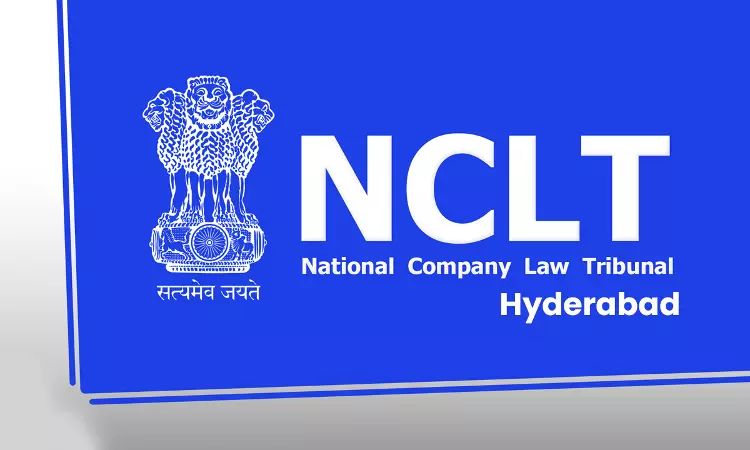The National Company Law Tribunal Hyderabad Bench, comprising Shri Rajeev Bhardwaj (Judicial Member) and Shri Sanjay Puri (Technical Member) dismissed insolvency petition filed against Karvy Stock Broking Ltd. (Corporate Debtor/Respondent) by Kapston Facilities Management Ltd. (Operational Creditor) under section 9 of the Insolvency and Bankruptcy Code (IBC). The NCLT held that...

